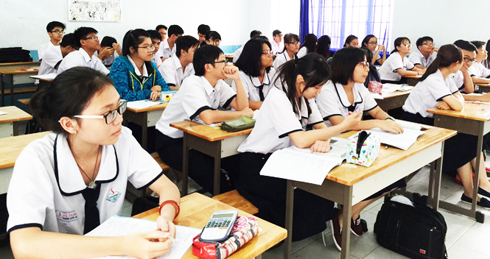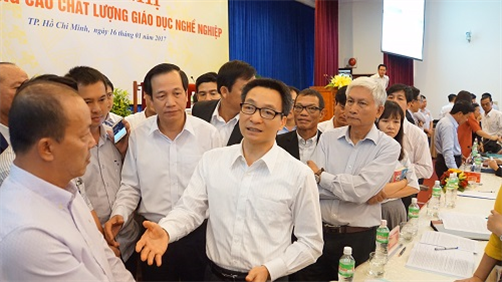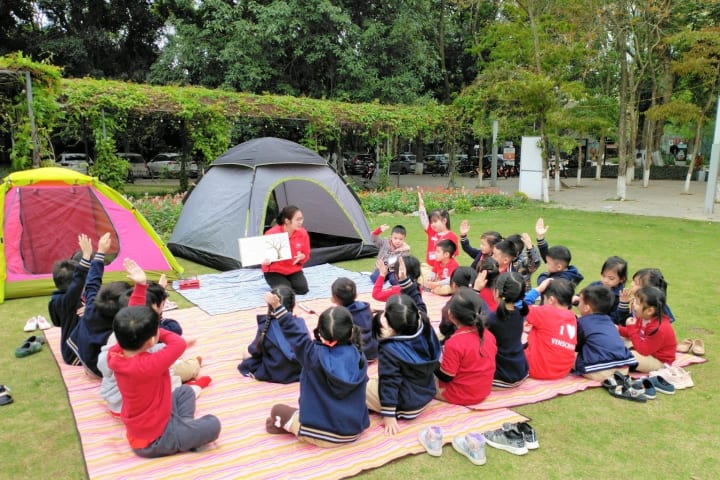What are the regulations on requirements on the implementation of surrogate care in Vietnam? - Ngoc Trang (Binh Duong, Vietnam)

Regulations on requirements on the implementation of surrogate care in Vietnam (Internet image)
1. What is surrogate care?
According to Clause 3, Article 4 of the Children Law 2016, surrogate care refers to the fact that an organization, family or individual undertakes to take care of an orphan, a child who is not permitted to or cannot live with natural parents or a child who is affected by natural disasters and calamities or aimed conflict for the purpose of ensuring the safety and best interests of such child.
2. Cases where children need the surrogate care in Vietnam
Cases where children need the surrogate care under Article 62 of the Children Law 2016 include:
- Double-orphans, abandoned children, and homeless children.
- Children who cannot live with their natural parents for protecting children’s safety; children whose parents are unable to protect or nurture them or are child abusers.
- The protection of children who are affected by natural disasters and calamities or aimed conflict is prioritized.
- Refugee children whose parents are not yet identified.
3. Requirements on the implementation of surrogate care in Vietnam
Article 60 of the Children Law 2016 stipulates the requirements on the implementation of surrogate care as follows:
- Base on demands, background, sex, race, religion and language of children, and ensure children's rights.
- Ensure the children’s safety as well as the stability, continuity and attachment between children and their caregivers.
- Consider opinions, expectations, feeling and attitude of children according to their age and maturity level. With regard to children from enough 07 years of age and older, their opinions must be considered carefully.
- The surrogate care taken by children’s kindred is prioritized. If children have siblings, they might live together with their siblings.
- Ensure the contact or reunion between children and their parents and other family members, if possible, except for the cases where the contact or reunion is unsafe for children or not for children's best interests.
4. Conditions of the surrogate care in Vietnam
4.1 Conditions for making of decisions on the surrogate care in Vietnam
Pursuant to Clause 1, Article 63 of the Children Law 2016, the making of decisions on the surrogate care must satisfy requirements stated in Section 3 and the following conditions:
- The surrogate care must be consented in writing by the children's guardians in cases regulated in Clause 1 Article 62 of the Children Law 2016;
- The approval or performance of the surrogate care for children whose parent(s) is (are) alive but they are unable to protect and take care of them must be carried out with the written content of their parent(s), except for the cases where intervention measures are taken to protect children as regulated in Point b and Point c Clause 2 Article 50 and Clause 3 Article 52 of the Children Law 2016 or the cases where parental rights are limited as regulated by the Law on marriage and family 2014.
4.2 Conditions for individuals and families that perform the surrogate care in Vietnam
According to Clause 2, Article 63 of the Children Law 2016, individuals and families that perform the surrogate care must ensure the following conditions:
- Individuals or family representatives must reside in the territory of Vietnam.
They must be healthy, capable of civil acts and have good virtuous character.
They do not have their rights to juvenile children limited.
hey also do not face criminal prosecution or administrative penalties for acts of child abuse.
In addition, they must not be convicted of deliberate infliction of harm to human life, health, or dignity of the others, or maltreatment or abuse of one's grandparent, parent, spouse, child, grandchild, or caregiver, or persuading, forcing a minor to commit an offence, or harboring a minor committed a offence, or trafficking, or swapping, or appropriation of children;
- They must have suitable residence and economic conditions to ensure the nurture and education of children;
- They must voluntarily perform the surrogate care. All family members must agree with the receipt of surrogate care, and no one of family members must face the criminal prosecution or administrative penalties for acts of child abuse;
- Kindred who perform the surrogate care must be adults. In other cases, individuals who perform the surrogate care must be at least 20 years older than children.
5. Rights and responsibilities of surrogate caregivers in Vietnam
Pursuant to Article 64 of the Children Law 2016, the rights and responsibilities of surrogate caregivers include:
Surrogate caregivers shall assume the following responsibilities:
- Ensure safe living conditions for children so that they can exercise their rights and responsibilities in conformity with conditions of surrogate caregivers;
- Submit reports, after 06 months from the date on which they started their performance of the surrogate care or on annual basis, to people’s committees of communes where they reside on physical and mental health, and the integration of children. In cases where unexpected matters occur, unscheduled reports must be submitted on a timely manner.
Surrogate caregivers shall have the following rights:
- Surrogate caregivers are entitled to priority loans, vocational training and employment support and healthcare while they get into difficulties;
- They are supported with expenditure for nurturing children as regulated by the law and are entitled to receive support from agencies, organizations, families and individuals to perform the surrogate care.
Van Trong
- Key word:
- surrogate care in Vietnam
- children in Vietnam
 Article table of contents
Article table of contents










